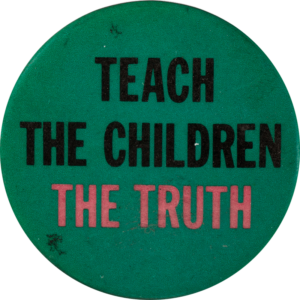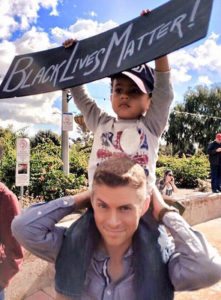 At Schools for Children, we are entrusted with helping students achieve academic excellence and deepen their understanding of the world. The murder of George Floyd by Minneapolis police officers last week and the ensuing police violence at protests cannot be tolerated and cannot be forgotten. America must own the problem of racism, a problem that we must all, at every level, resolve to end.
At Schools for Children, we are entrusted with helping students achieve academic excellence and deepen their understanding of the world. The murder of George Floyd by Minneapolis police officers last week and the ensuing police violence at protests cannot be tolerated and cannot be forgotten. America must own the problem of racism, a problem that we must all, at every level, resolve to end.
Racism determines how people of color are treated in nearly every dimension of American life. Privilege unfairly gives white people advantage. It is the outcome of years of systemic racism. Disparities exist from birth in infant mortality rates and continue through every aspect of life – education, healthcare and status, housing, employment, wealth, criminal justice, etc. Racism additionally robs the larger society of the ideas, leadership and imaginations of people of color.
Long ago, Schools for Children made a commitment to address inequality through education and through the development of anti-bias, multicultural curricula. This has impacted what we teach, how we teach, how students come to understand their assumptions and frames of reference, and how we explicitly work to create an empowering, respectful school culture reflective of all its members.
 This is humbling and challenging work, and there is so much more work to be done. The brutalization and murder of African Americans from George Floyd to Ahmaud Arbery to Breonna Taylor – and too many more – compels us to redouble our efforts.
This is humbling and challenging work, and there is so much more work to be done. The brutalization and murder of African Americans from George Floyd to Ahmaud Arbery to Breonna Taylor – and too many more – compels us to redouble our efforts.
We pledge to listen to our students and their families, our supporters and others whom we serve – and ask not only what we can do, but also what we must stop doing. We will engage more deeply in the hard work of unlearning and relearning that is needed to re-imagine our society as one based on equality and equity, not racism.
We hope the accompanying writing gives our readers a window into our thinking as each of our schools engages in this important work. We will share more as the work unfolds, and we invite you into the conversation.
